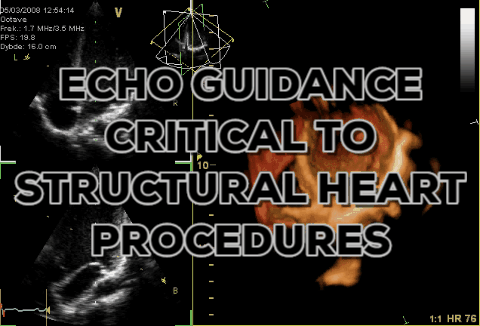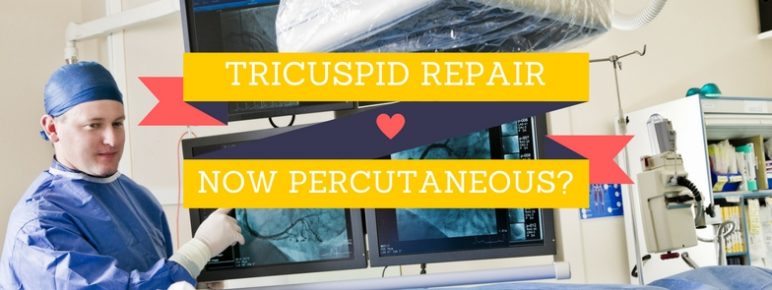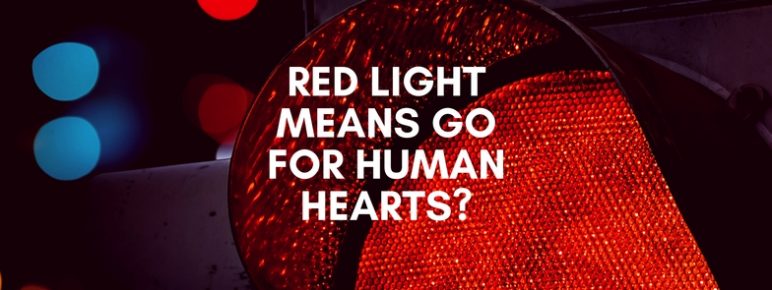Structural heart procedures are growing, and so is the cath lab team.
For two straight years, Diagnostic and Interventional Cardiology (DAIC) magazine has reported from the American Society of Echocardiography (ASE) Annual Scientific Sessions on the rise of a new sub-specialty—interventional echocardiography.
Interventional echocardiography crucial to structural heart
Structural heart procedures have seen rapid growth in the cath lab—and have been a featured topic at many of our 2016 regional educational conferences—and for all but the most expert interventionalists, echocardiography plays a big role in those cases.



